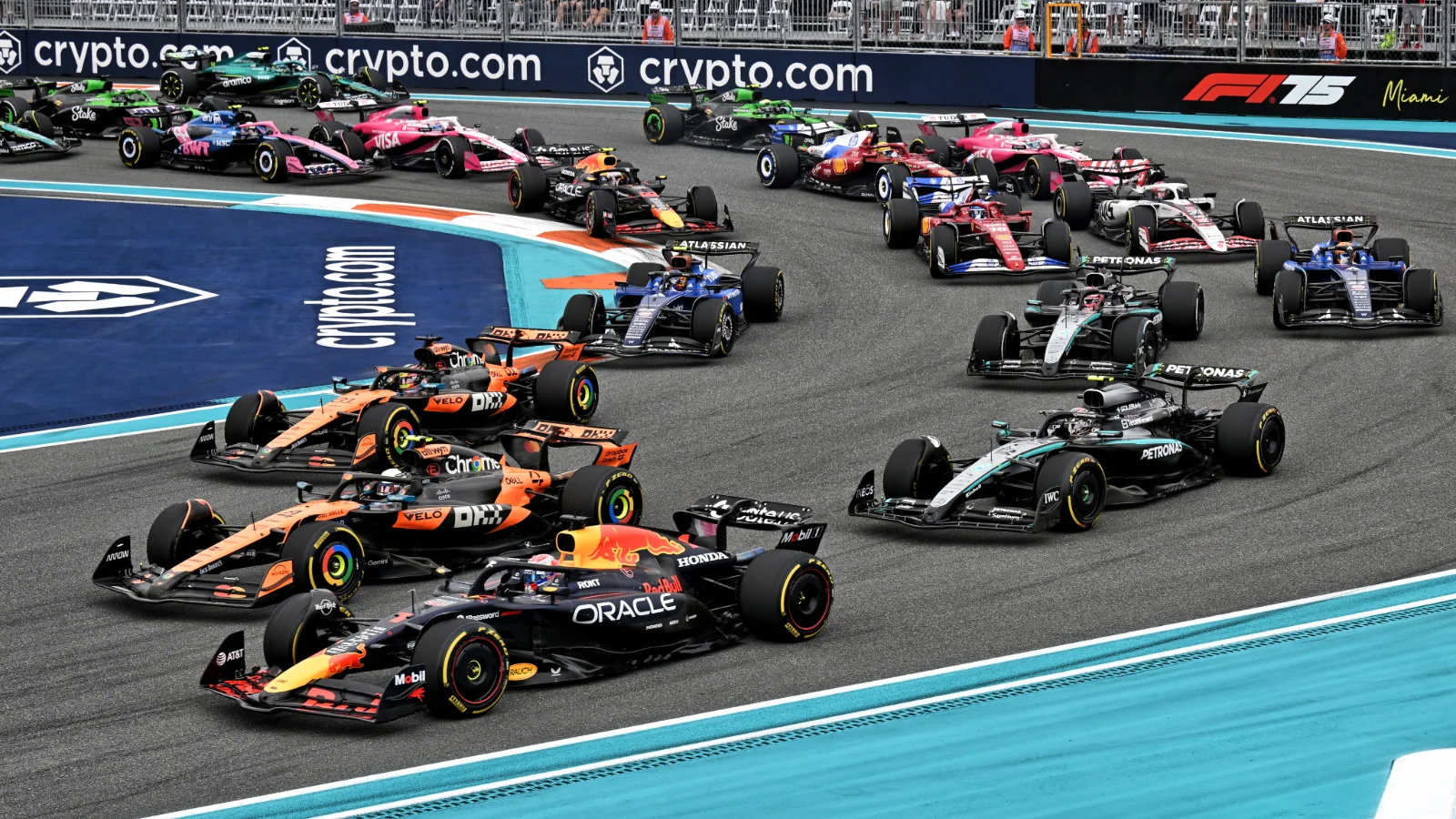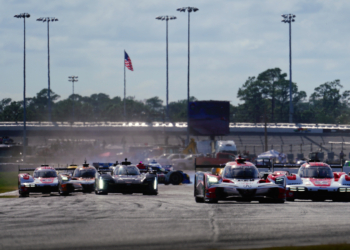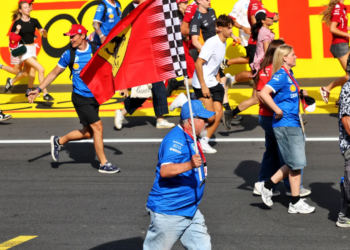It’s not just the sound of the cars or the excitement of the competition that captivates fans; Formula 1 has also turned into a thrilling space for sports bettors to test their skill.
From changing weather conditions to new technical innovations, every race weekend has its own set of new variables. Formula 1 betting combines strategy, skill, analysis, and impeccable timing. However, if you’re a beginner in motorsport betting, the vast options available without a concrete plan can be extremely overwhelming and expensive.
In this article, we will prepare you for placing your bets in the right way by focusing on core areas such as where to begin, what to consider, and the mistakes to avoid.
Why Formula 1 appeals to betting enthusiasts
Formula 1 isn’t just about athletic brilliance. It is also a multi-million-dollar sport that is a captivating racing show closely followed by people worldwide. From a wagering point of view, its charm lies in a combination of chaos and order.
Unlike other games where one or two outcomes are possible, Formula 1 offers an overwhelming number of options, which makes it particularly interesting for people who like to calculate numbers, patterns, strategies, and other team dynamics. F1 offers complexity at the same time, which is why it stands out when gambling is involved.
The drama, the data, the drivers
The action can change drastically with just a simple form of precipitation, a pit stop, or an overtake; each race has its own distinctive elements that can alter the entire dynamic of the event. These twists and turns create an environment filled with uncertainty and excitement, perfect for those seeking to make order out of disorder.
Add that to a plethora of measurable and set data, such as lap times, and team performances alongside their rivals, and you get a lot to work with for the calculative minds. Whether Albon’s performances have you standing up in your seats, or you are keen on Verstappen’s dominant prowess, there’s always a depth to the entertainment.
More than just picking a winner
For those exploring the world of Formula 1 betting, it goes beyond merely identifying who crosses the finish line first. There are dozens of prediction types which allow for aggressive strategic variance.
You can bet on who will claim a podium finish, who will set the fastest lap time, or even who will best their teammate in the qualifying round. Successful prediction in all these markets requires an appreciation of the driver’s form, characteristics of the circuit, and even car updates during the season.
For most novices, this is a good thing because there is an avenue for achieving success through knowledge and research instead of blind luck. It is a sport for brains, both during the competition and afterward.
Understanding the basics before you dive in
Formula one betting is best approached only after its fundamentals are well understood. The betting ecosystem has its own set of unique nuances to terms, odds formats, and unlike other sports, there are multiple types of bets which cannot fit into a linear or monolithic structure.
In a way, it helps when you are familiar with core concepts since it means you are already halfway to figuring the rest out. A deep understanding of the language and how the odds work will go a long way in enabling you to approach every race with sound strategy as opposed to guesswork.
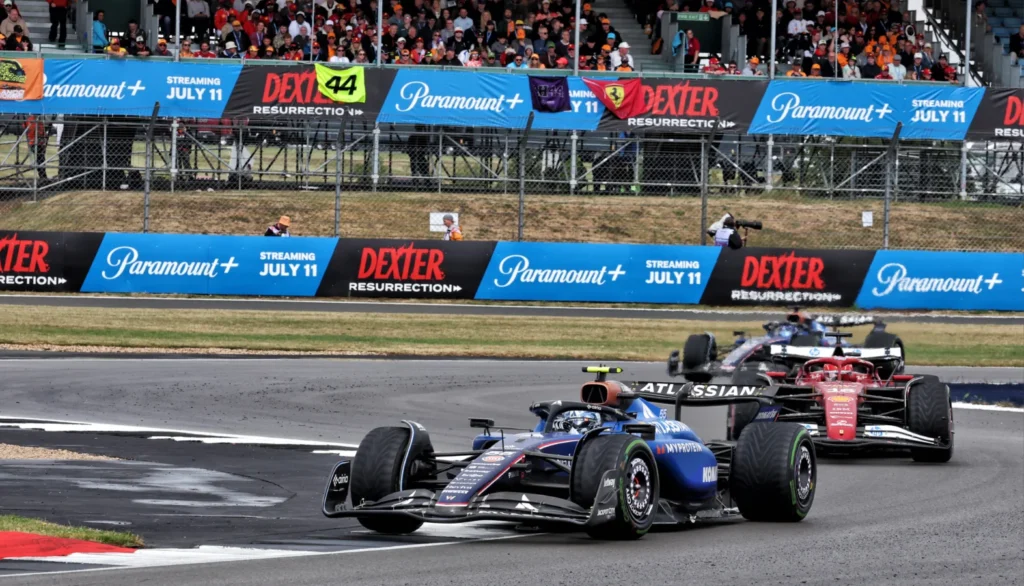
Common F1 betting terms and what they mean
As you delve into F1 betting, there are several terms that you should be familiar with. The simplest one that you will encounter is Moneyline or Win Bet, which is a straightforward bet on the race winner. Outright bets are usually covered in greater detail at the sportsbook and typically refer to long-term bets like a driver’s championship or a grand prix.
AnEach-way bet divides your total stake so that one part is on the selected winner, while the other is contingent on finishing in a top position, usually the top three. There is also the Over/Under betting type where one can bet whether a certain outcome, such as classified finishers or total safety cars, will exceed or fall short of a given number.
They may sound difficult at the beginning, but with time, you will get the flow.
How the odds work in Formula 1
Understanding how odds are presented is key to making smart betting decisions in F1. Odds can appear in fractional form (like 5/1) or decimal form (like 6.00). Fractional odds tell you how much you’ll win in relation to your stake. 5/1 means you win $5 for every $1 you bet, plus your original stake.
Decimal odds show the total return on your bet, including your stake, so a $10 bet at 6.00 returns $60. While odds give you a sense of a driver’s likelihood of winning, they aren’t guarantees.
A low number means a favorite; a high number suggests a long shot. Interpreting odds correctly helps you weigh potential rewards against the risk, which is crucial when betting on a sport as unpredictable as Formula 1.
Smart starting points for curious beginners
In case you are a novice Formula 1 betting enthusiast and wish to see how expert followers of the sport engage with it, all you have to do is sit back and watch. F1 racing consists of much more than speed; focus and determination play an equally important role.
Avoid making predictions or bets until you have grasped how various teams perform, races progress, and the various hows and whys surrounding these factors.
Research teams and track history
In Formula 1, every circuit presents a set challenge for all the drivers, ranging from the narrow, bendy corners of Monaco to Silverstone’s straights. Drivers do not perform uniformly across all tracks. Some perform better on street circuits while others thrive on power-hungry tracks.

Likewise, some teams design cars that work well for specific tracks while others do the opposite. Understanding how certain teams and drivers perform on certain circuits is invaluable, especially when analyzing race outcomes.
Pay attention to qualifying and practice sessions
The weekend does not begin with race day; it commences with practice and qualifying sessions. It provides invaluable insights into the driver’s psyche, the confidence they carry, as well as track conditions, car setup, and weather.
Practice sessions give an idea of pace over long stints and tire wear, while qualifying dictates grid positions, which strongly impact race results, particularly in circuits with limited overtaking opportunities. Watching closely these preliminary sessions can reveal so much that will help make educated guesses on who is set to perform better on race day.
Look beyond the favorites
Formula 1 headlines are largely dominated by top drivers such as Lando and Verstappen, but that is far from a guarantee for their wins, and this analysis seldom adds value. Every once in a while, for one reason or another, up-and-coming drivers or lower-table drivers break through at the right time and absolutely amaze everyone.
Most of these performances stem from a specific reason: a car that is well-matched to the circuit, a reliable upgrade from the team, or a driver who performs well historically. Knowing the reasons behind a dark horse’s potential is often far more insightful than just supporting the top drivers without thinking.
Pit strategies, weather conditions and tire choices
Formula 1 Grands Prix are influenced by environmental factors as well as strategy decisions. A bold tire selection, an early safety car, or even a sudden rain shower can flip the order in seconds.
Forecasts and evolving track conditions often necessitate calculated risks that are taken with pit stop timing and tires. If you start reading previews, team radios, and updates, you will learn how strategies unfold and how they can prove to either make or break a driver’s success.
What to avoid when you’re just getting started
Even upbeat fans can sometimes fall into traps when they first approach predictions based on performance analytics. While exploring betting in motorsport can be fun for close followers, no one is immune to making rookie mistakes the first time they dive into prediction and performance-based analysis.
Here are some of the most common pitfalls a beginner in this field can fall into.
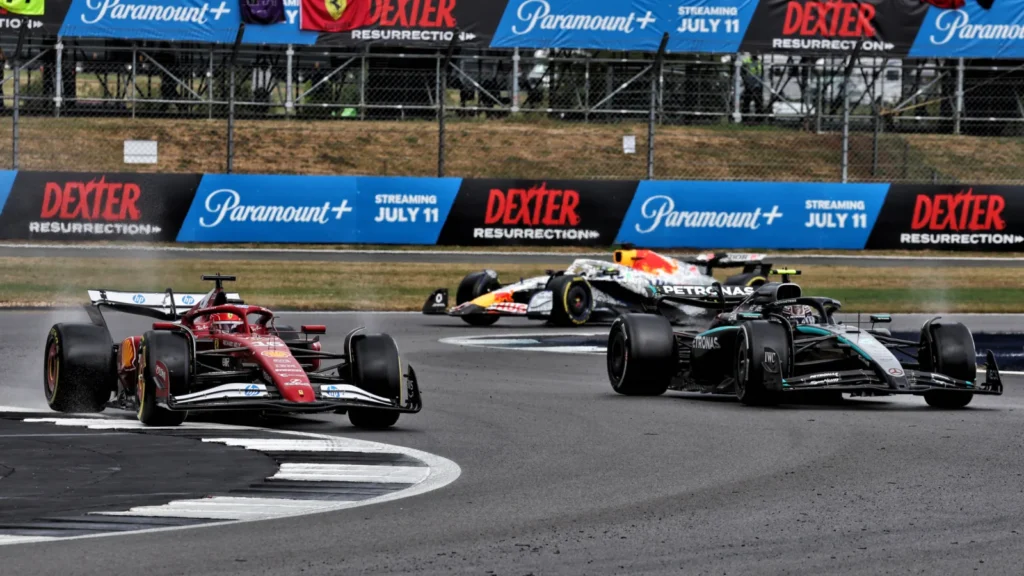
Don’t chase trends without context
It is quite common to assume that a driver who is currently winning races will keep winning races in the future. However, things are never that simple in F1. There are so many other factors that can influence a driver’s performance, like weather, track conditions, car technical upgrades, and even penalties that they may have received. Instead of following the trends blindly, take time to analyze whether those results are achievable and under what conditions.
Avoid emotional decisions based on fandom
Every sports fan has unwavering allegiance to certain players, drivers, teams, and even brands. Such overwhelming emotions can easily skew judgment in strategic analysis. This is especially true when putting bets or making predictions on outcomes, as fans tend to favor unreliable options.
Just because you are a diehard Ferrari or Lewis Hamilton fan, it does not mean that supporting them is always good logic. A proper plan would be to leave your emotions out of the calculation and let strategies drive the decisions.
Never bet more than you can afford to lose
It is worth emphasizing that no matter how much effort you put into studying or understanding the sport, nothing is guaranteed in Formula One. Mechanical issues, on-track crashes, or even the most well-planned weather can turn predictions upside down.
This is further proof of why it is important to set limits and to only engage in betting as a form of entertainment and not a source of income. Good information boosts your understanding but does not grant you control over the result. Bet smart and use the insights rationally while enjoying the sport responsibly.
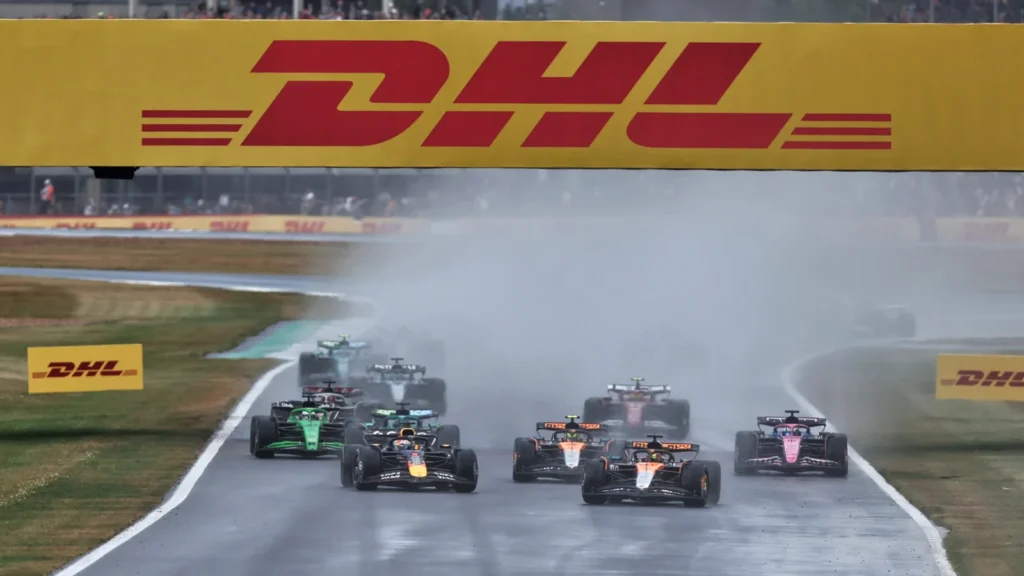
A quick note on choosing a responsible platform
If this is your first time exploring Formula 1, there are platforms that allow you to track performance on an analytical level. They offer real-time tracking of racing performance, odds movement, and outcomes.
7bet is one of those sites that offer intuitive interfaces where users can watch the interplay of predictions, odds, and outcomes. This is very helpful for those analyzing race day from either a fan or analyst perspective.
When exploring odds or evaluating performance against actual race results, having access to clean and reliable data strengthens appreciation for the sport.
Final thoughts: Strategy, curiosity, and balance
Beyond the podium, Formula One possesses exhilarating stories. It is fast-paced and unpredictable. While performance analysis and betting can enhance the thrill of the sport, the sheer enjoyment of watching it should always take the lead.
As the sport’s countless surprises unfold, focus on the strategy and abide by the spirit of exploration. Whether tracking lap times or cheering for a favored team, learning new concepts awaits without any wagers needed.
